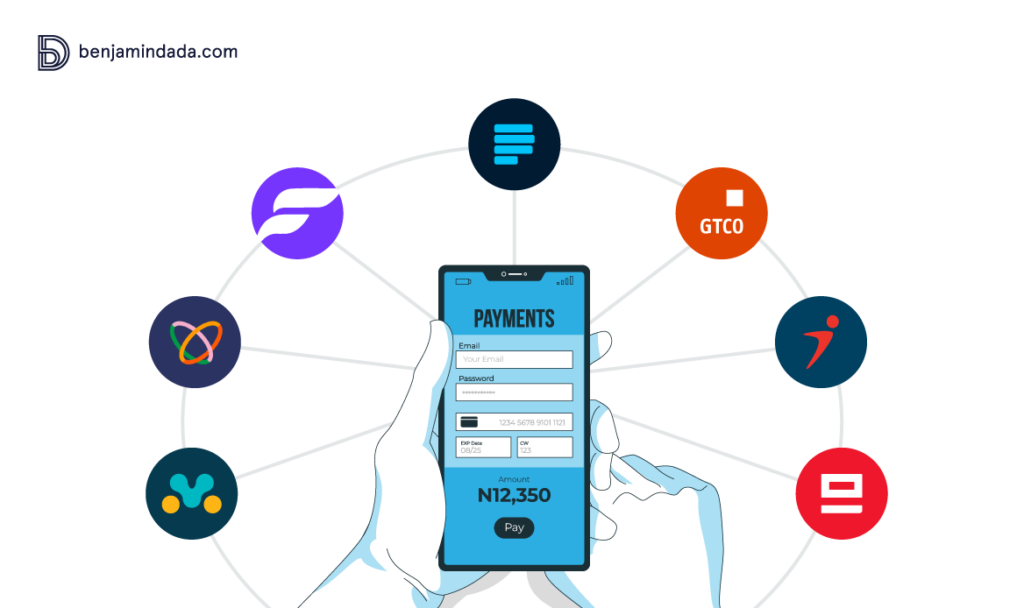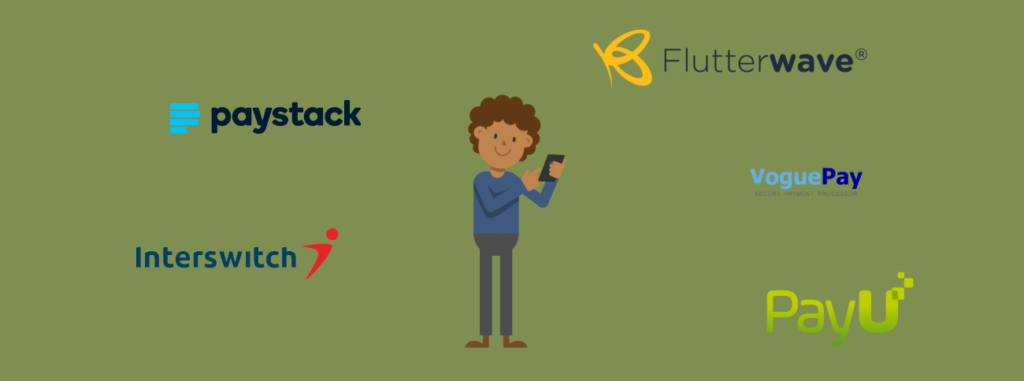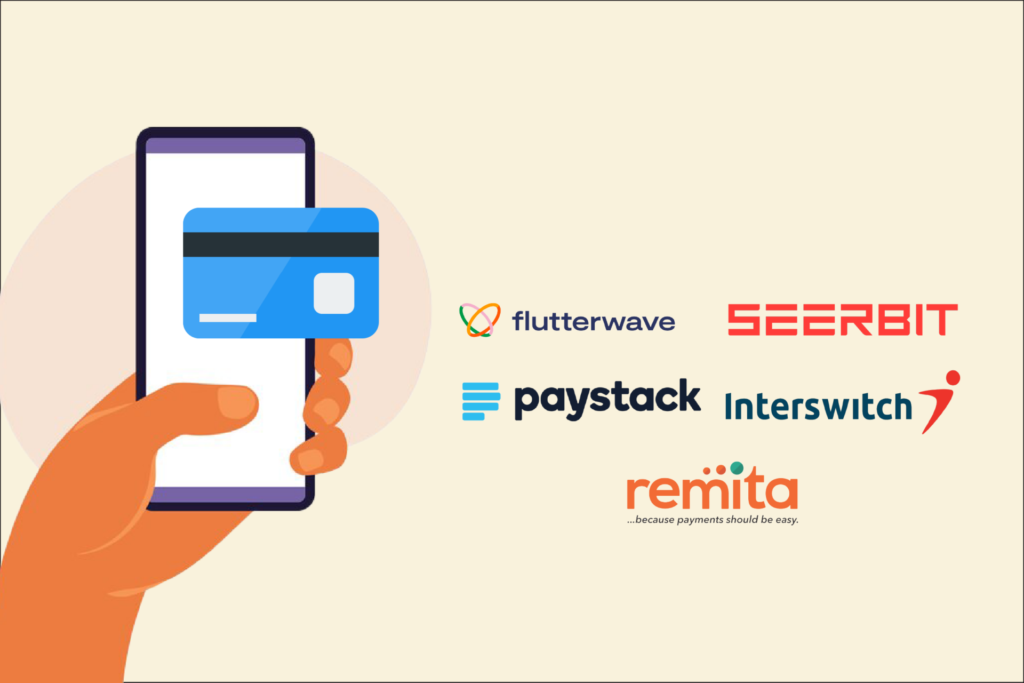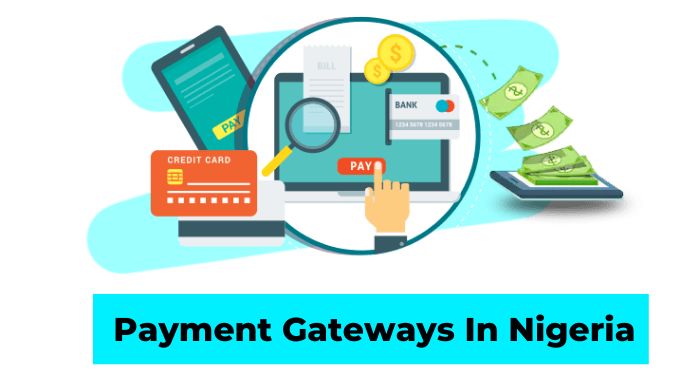AUTHOR : KYLIE SCOTT
DATE : 30/10/23
In the heart of Africa, Nigeria stands as a testament to the rapid growth and also development[1] of payment platforms. The nation’s financial landscape[2] has been undergoing a significant transformation, thanks to the emergence[3] of innovative payment solutions. In this article, we will explore the payment platforms[4] in Nigeria, their evolution[1], benefits[2], challenges[3], and also what the future holds for this dynamic sector.
The Evolution of Payment Platforms in Nigeria
Nigeria’s payment ecosystem [4]has come a long way. From traditional cash-based transactions[5] to modern digital solutions[5], the evolution has been remarkable. In recent years, the adoption of electronic payment systems has gained immense popularity, enabling both businesses and individuals to carry out transactions with ease and efficiency.
Popular Payment Platforms in Nigeria

Mobile Money Services (H1)
Mobile money services, like MTN Mobile Money and Airtel Money, have revolutionized financial transactions in Nigeria. These services allow users to send money, pay bills, and even access credit without the need for a bank account.
Banking Apps (H2)
Several banks in Nigeria have developed user-friendly mobile apps that provide easy access to banking services. These apps allow customers to check account balances, transfer funds, and pay bills at their convenience.
Payment Gateway Solutions (H3)
Payment gateway solutions such as Flutterwave and Paystack offer businesses secure and reliable ways to accept online payments. They facilitate e-commerce and online business growth in Nigeria.

Cryptocurrencies (H4)
Cryptocurrencies like Bitcoin and Ethereum are gaining traction as alternative payment methods in Nigeria. They offer fast and secure cross-border transactions and investment opportunities.
Benefits of Using PPN
The adoption of payment platforms in Nigeria brings a host of benefits, including:
- Convenience and accessibility for the unbanked population.
- Reduced reliance on cash, promoting financial inclusion.
- Increased security and transparency in transactions.
- Facilitation of e-commerce and business expansion.
Challenges Faced by PPN
Security Concerns (H1)
The digital nature of payment platforms comes with its share of security concerns. Users and businesses must be cautious to avoid fraud and cyberattacks.
Limited Internet Access (H2)
Despite the growth of payment platforms, limited internet access in some rural areas remains a challenge. This hinders financial inclusion.
Regulatory Challenges (H3)
Navigating Nigeria’s regulatory landscape can be complex for payment platforms. Adapting to alterations in regulations and fulfilling compliance prerequisites can present formidable obstacles.
Competition (H4)
The increasing number of payment platforms in Nigeria has led to intense competition. Platforms must continuously innovate to stay relevant.

The Future of PPN
The future of payment platforms in Nigeria looks promising. With ongoing advancements in technology and increasing internet penetration, these platforms are expected to play a pivotal role in shaping the nation’s financial landscape. As regulatory frameworks become more defined, the sector will likely experience further growth.
Conclusion
Payment platforms in Nigeria have come a long way, from traditional cash transactions to digital marvels. These platforms offer numerous advantages, including accessibility, security, and transparency. However, they also face challenges like security risks and regulatory complexities. As Nigeria continues its journey towards a digital economy, payment platforms are set to be at the forefront of this transformative experience.





